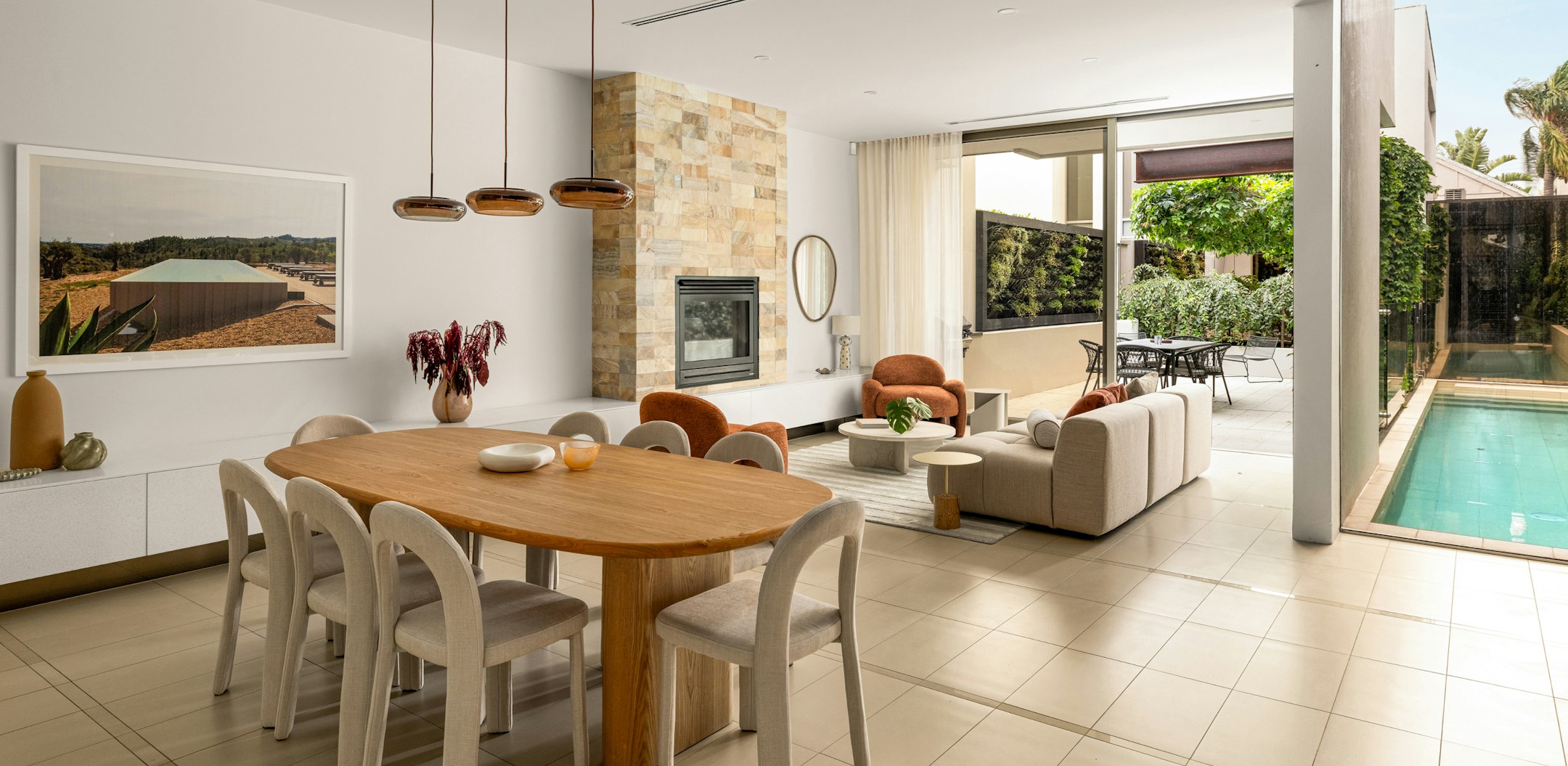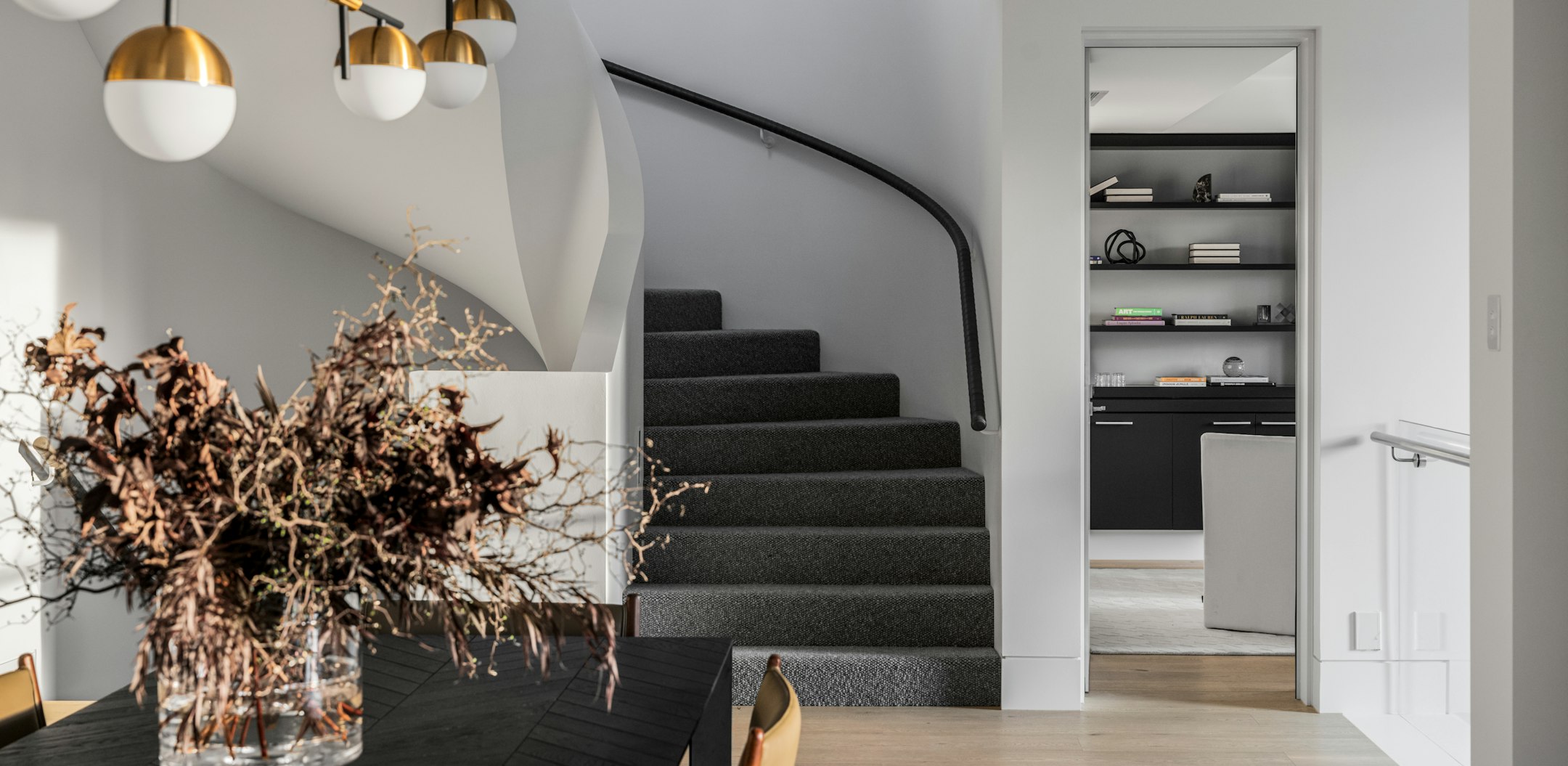With growing environmental concerns and technological advancements, the move towards all-electric homes is accelerating. Modern residences not only align with sustainable living practices but also offer significant advantages over older homes, particularly when it comes to energy efficiency, compliance, and futureproofing. Here's why investing in an all-electric home could be the smartest decision for your future.
Property InsightsInvest in your future
Next ArticleInvest in your future

Power your lifestyle with an all-electric home
21 May 2024
Enhanced Energy Efficiency
All-electric homes are designed with the latest technologies to maximise energy efficiency. Key features often include advanced insulation, high-efficiency heating and cooling systems, and energy-smart appliances. This integration not only reduces the home's carbon footprint but also significantly lowers energy bills. By relying entirely on electricity, these homes can be powered through renewable sources, such as solar panels, making them almost independent of non-renewable energy sources.
Future Compliance and Reduced Retrofitting Costs
New buildings are increasingly required to meet stringent environmental standards. An all-electric home is already compliant with many of these emerging regulations, saving homeowners from future legal headaches and costly retrofitting. Older homes, in contrast, may require significant updates to meet modern standards, involving everything from installing new electrical systems to upgrading insulation and appliances. These renovations can be not only expensive but also complex, particularly in homes not initially designed with these upgrades in mind.
EV Charging Integration
As electric vehicles become more commonplace, having an EV charging station at home is turning from a luxury into a necessity. All-electric homes often come equipped with dedicated EV charging points. This integration is not only convenient but also increases the property's market value, making it a wise investment as the world shifts away from fossil fuels. Retrofitting an older home to include an EV charger can be challenging and expensive, especially if the existing electrical system requires significant upgrades to handle the extra load.
Modern Appliances and Systems
All-electric homes typically feature the latest in home technology, such as induction cooktops which are not only more efficient but also safer and faster than traditional gas stoves. Additionally, these homes often include solar panels that can generate enough energy to run these high-efficiency appliances, further reducing electricity costs.
Enhanced Security with Digital Locks
Security is a paramount concern for any homeowner. All-electric homes often incorporate advanced security features like digital locks and keyless entry systems. These systems offer both convenience and improved security, allowing homeowners to control access to their property remotely and track who comes and goes. Retrofitting older homes with such technology can be invasive and costly, often requiring significant changes to door frames and existing security setups.
Insurance Compliance
Insuring an all-electric home can be simpler and sometimes cheaper than insuring an older property. Newer homes built with compliance to current codes are viewed as lower risk by insurance companies. They are less likely to suffer from issues like faulty wiring or the structural vulnerabilities typical of older buildings. This can lead to lower premiums and fewer headaches with claims.
Investing in an all-electric home offers a myriad of benefits. Not only do these properties come with modern conveniences and advanced technologies integrated right from the start, but they also meet current environmental standards and are ready to accommodate the future directions in energy and technology. The long-term savings, increased property value, and peace of mind that comes with purchasing a new, all-electric home make it a worthwhile investment. Whether it's reducing your carbon footprint or embracing a tech-savvy lifestyle, an all-electric home is designed to meet the demands of the future, today.



